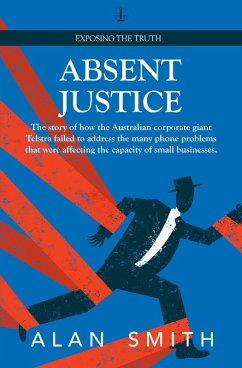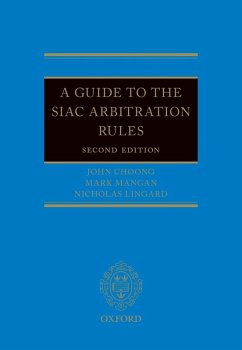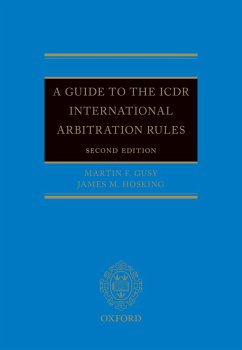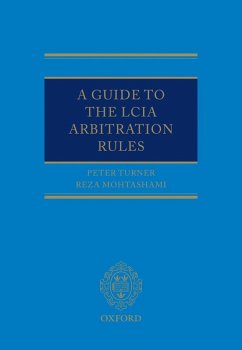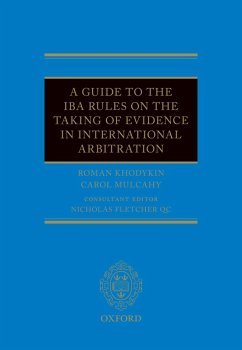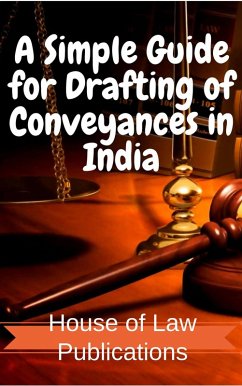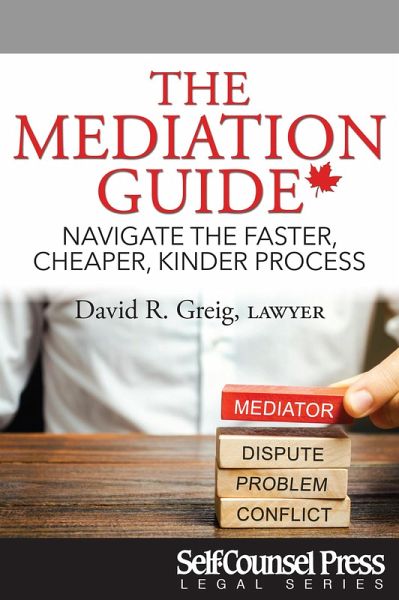
The Mediation Guide (eBook, ePUB)
Navigate the faster, cheaper, kinder process

PAYBACK Punkte
3 °P sammeln!
Mediation is a private and voluntary process that can be undertaken by two or more parties in conflict. Mediation can be used by people or organizations to settle disputes in family law, estates cases, car accidents, EI claims, landlord/tenant affairs, small claims court, and more. When successful, it allows participants to avoid litigation, or other alternative dispute resolution means such as arbitration. However, most books about the mediation process are for the mediators. This book is for participants, who - most of the time - don't know anything about mediation! The Mediation Guide will ...
Mediation is a private and voluntary process that can be undertaken by two or more parties in conflict. Mediation can be used by people or organizations to settle disputes in family law, estates cases, car accidents, EI claims, landlord/tenant affairs, small claims court, and more. When successful, it allows participants to avoid litigation, or other alternative dispute resolution means such as arbitration. However, most books about the mediation process are for the mediators. This book is for participants, who - most of the time - don't know anything about mediation! The Mediation Guide will help readers understand the process in Canada, and teach them what they can do to help it run smoothly and efficiently. The Mediation Guide was written by a lawyer and mediator with years of experience hosting mediation sessions. The process, skills, and techniques he explains enable participants to feel comfortable knowing what to expect when going into mediation, so they can find their own solutions to issues, and reach successful resolutions and settlements.
Dieser Download kann aus rechtlichen Gründen nur mit Rechnungsadresse in A, D ausgeliefert werden.





